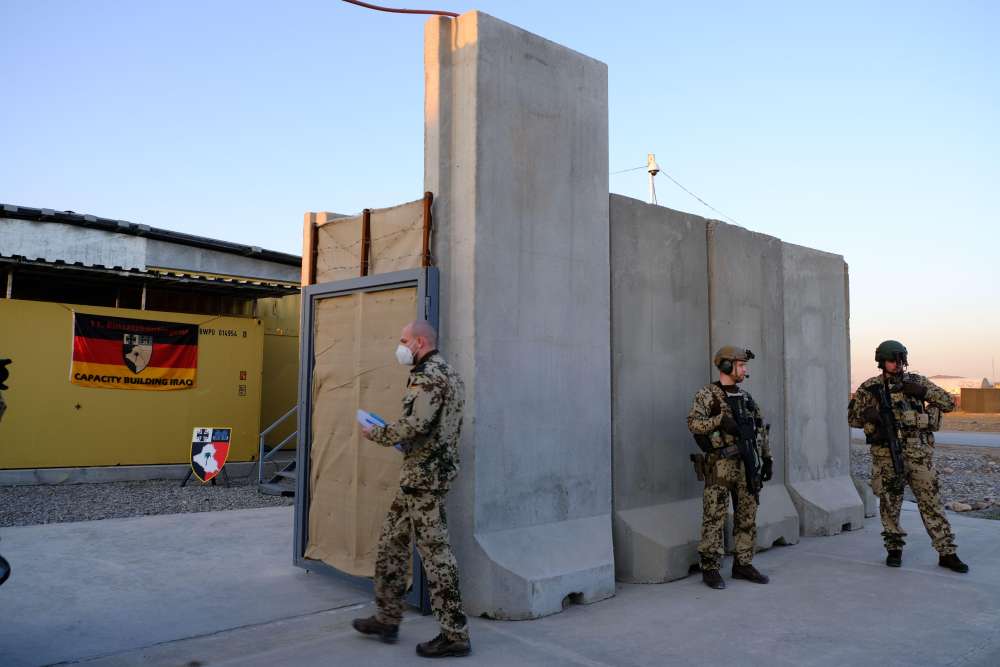Crises Abroad: Prevention, Response, Stabilization
War, revolution, instability and insecurity abroad – whether they occur in the immediate neighborhood, in Europe’s backyard or elsewhere – do not leave Germany and Europe unaffected. Recognizing that, the German government has pledged to do more in terms of crisis engagement, and to do it better. How can Germany’s National Security Strategy contribute this goal? What lessons should Berlin learn from Afghanistan or Mali? How to improve foresight and early warning mechanisms? And how can crisis prevention and response become more realistic, more political – and thus more effective?

Friedenspolitik kohärent gestalten: Mehr als nur ein prozedurales Ziel
Statt sich nur gut abzustimmen, müssen zuständige Ressorts und Politikbereiche auch auf inhaltlich kohärente Ziele hinarbeiten. Nur so kann nachhaltige deutsche Friedenspolitik gelingen.

Bevölkerungsschutz als Instrument des deutschen Stabilisierungsengagements
Trotz seines enormen Potenzials übersehen Politiker:innen die friedensfördernde Wirkung des Katastrophen- und Bevölkerungsschutzes. Dabei kann das Instrument den sozialen Zusammenhalt stärken, Frauen fördern und Extremismus vorbeugen.

Schluss mit dem Autopiloten! Gute Krisenpolitik fährt nicht von allein
Wirksamere Stabilisierung und Friedensförderung erfordert die Priorisierung erfolgversprechender Fälle, mehr Mut zu Konfrontation und Blockaden im Apparat abzubauen. Das kostet Geld, doch sonst verpuffen die Millionen.

Germany’s Cognitive Dissonance on Security Assistance: A Barrier to Better Protecting Civilians
Germany’s engagement in crisis contexts lacks an overarching vision – but without a vision, no mid-level policies and no policy architecture that would allow Berlin to manage the dilemmas of engaging in difficult environments and reduce the risk of causing unintended harm.

Germany’s Role as a Global Leader in Stabilization
Stabilization can be one of the most effective ways to help countries prevent or emerge from violent conflict. Germany already leads the way – and should expand on this role with its new security strategy.

To Realize a Feminist Foreign Policy, Germany Needs a New Approach to Security Sector Reform
Germany’s current approach to security sector reform is not compatible with the principles of a feminist foreign policy. To change that, the government must truly commit to human security and apply an intersectional lens.
